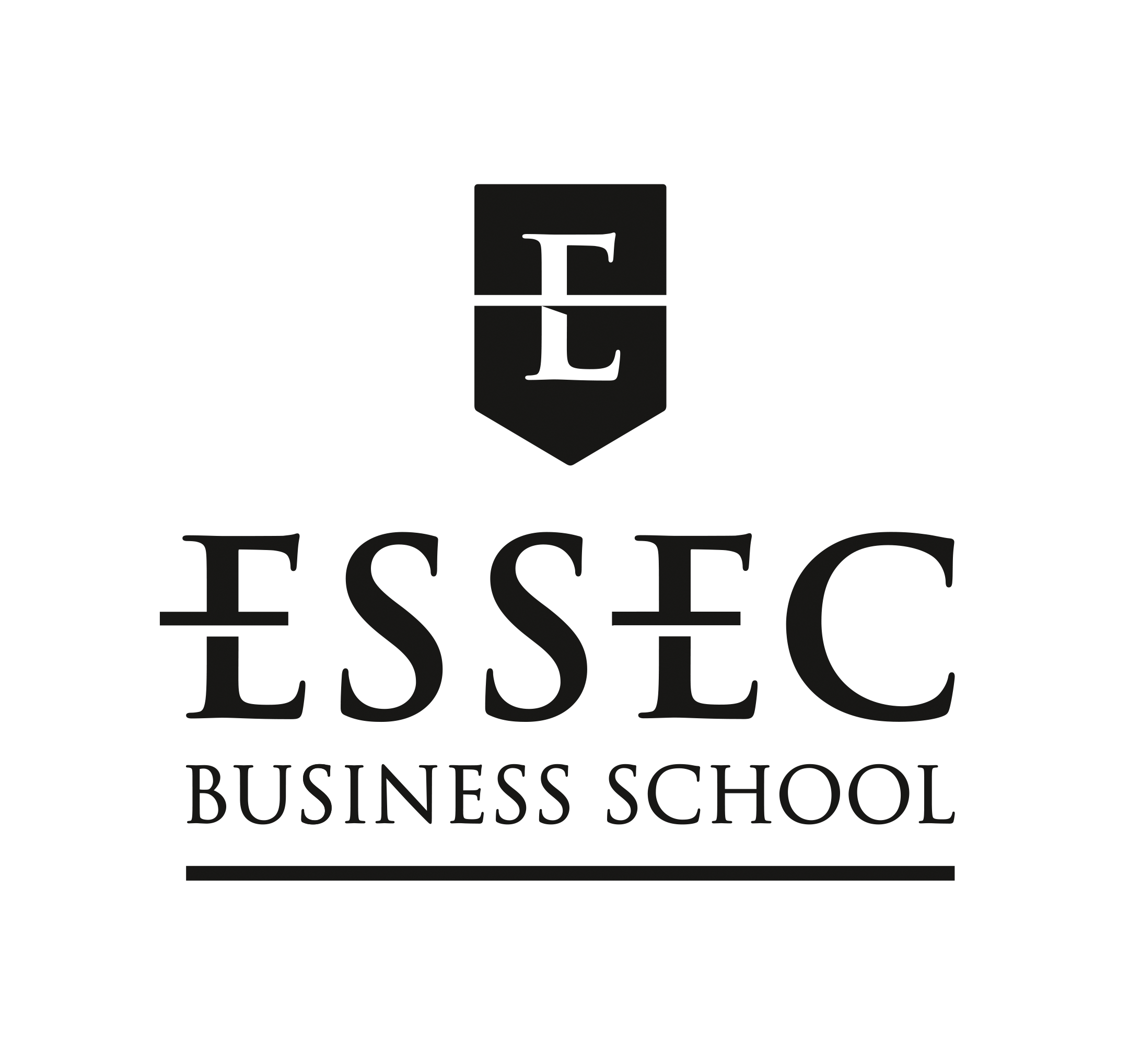Drawn to the fast-paced, dynamic nature of the finance industry, Tommy Zhang, who grew up in China, has carefully curated his Global Bachelor in Business Administration (GBBA) journey to open doors in the competitive investment banking sector.
To date, he has worked as an investment banking intern at China Construction Bank and an M&A analyst intern at Equiteq—building experience and skills for his long-term goal of a career in corporate finance, namely in the areas of investment banking or private equity.
Learn more about his experience.
How do you view the relationship between the skills gained in investment banking and private equity?
For example, in investment banking, you might be working on three or four deals simultaneously and be able to learn about many different industries.
In private equity, you then zoom in to help grow the investment by nurturing a new firm and providing insights for the business to expand.
I also like how investment banking is a client-facing role.
As an intern at my age, it’s almost impossible to interact with C-suite executives or private equity partners, but work in investment banking offers these opportunities.
Is the perception that investment banking requires constant work accurate?
I’d say that’s only partially true. You have to work hard because if a client needs you, you’ll need to do what it takes to deliver.
The learning curve is steep because you could work on a different industry topic for every deal. You will need extensive reading and market research to understand the technology, terminology, and products.
But with discipline, you can achieve a work-life balance. Learn to switch off from work when you need to, and remember that if you work hard and the targets are met, people will respect the time you need for your personal life.
How important is the opinion of an intern in the financial industry?
The intense nature of the investment banking sector means that every person is a valuable resource.
So once you show you are capable and responsible, you will receive a high degree of autonomy.
During my internships, I’ve found my suggestions are valued by my team members and often adopted during the project, giving me a strong sense of achievement.
In what ways did being an ESSEC student assist you in your career?
The technical knowledge gained at ESSEC definitely played a part in helping me understand how to do my job.
In fact, one of my most significant moments was when I started as an analyst and independently built my first financial model. It showed me I could start taking on more responsibilities.
More importantly, thanks to the abundance of presentations, ESSEC helped me acquire critical public speaking skills.
This skill is easily transferable to meetings and client-facing scenarios, and I firmly believe ESSEC students outperform others in this area!
Beyond a good GPA, what else is essential to show one’s interest in finance?
I took part in a lot of online finance courses by myself. The Bloomberg Market Concepts course was free, and ESSEC offers students access to the entire Coursera database, so I could take other courses, such as on financial markets, at no cost.
I also participated in contests like the NUS-Temasek Stock Pitch Competition and made it to the national finals. These experiences helped my applications because they showed I have both the interest and technical skills needed for the finance sector.
What advice would you give to those aspiring to succeed in finance?
The finance interview process is long and can involve multiple rounds, including coffee chats, case studies, and more. But it also gives you a glimpse of the intensity to expect at your daily work.
My approach would be to see the job application process as a learning experience where you can interact with industry practitioners and use interview preparation and participation to review your strengths and weaknesses and learn about new areas of finance.
RELATED POSTS
MiF Student Emmanuelle Roussi: Global Journey from Engineering to Finance with ESSEC APAC
Follow Emmanuelle Roussi’s path from electrical engineering to finance, and how ESSEC Asia-Pacific supported her career transition.
MMD Student Vanessa Lai: From Global Paths to Purposeful Branding
Vanessa Lai’s MMD story on building global perspective in branding, fashion and the figure of luxury marketing.
From Law to Strategy: SMIB Student Mara Mittelman’s Global Business Journey in Singapore
ESSEC's Master in Strategy & Management of International Business Student Mara Mittelman from France shares how the program is a stepping stone to a…
GBBA Student Victoire Le Roy: A Journey of Leadership, Internships, and Marathons
French national Victorie Le Roy has fully embraced student life at the Asia-Pacific campus—from her role in the Student Council to her internship at…
GBBA Student Li Hanyu: Combining Classroom Knowledge and Real-World Experience
Discover how Li Hanyu is shaping her academic path at ESSEC with real-world experience at DIDI and an exciting exchange at NTU
GBBA Student Nithikasri Ravi: From Science to Business and Beyond
Attracted by ESSEC’s world-class education and focus on entrepreneurship, Nithikasri Ravi transitioned from a science background to pursue business…








